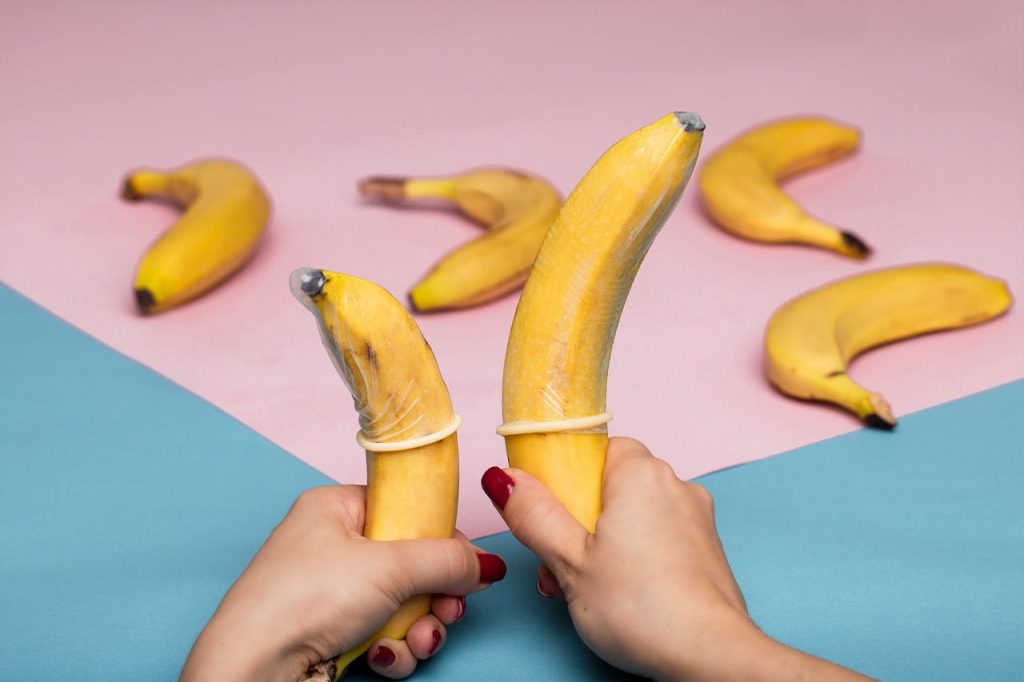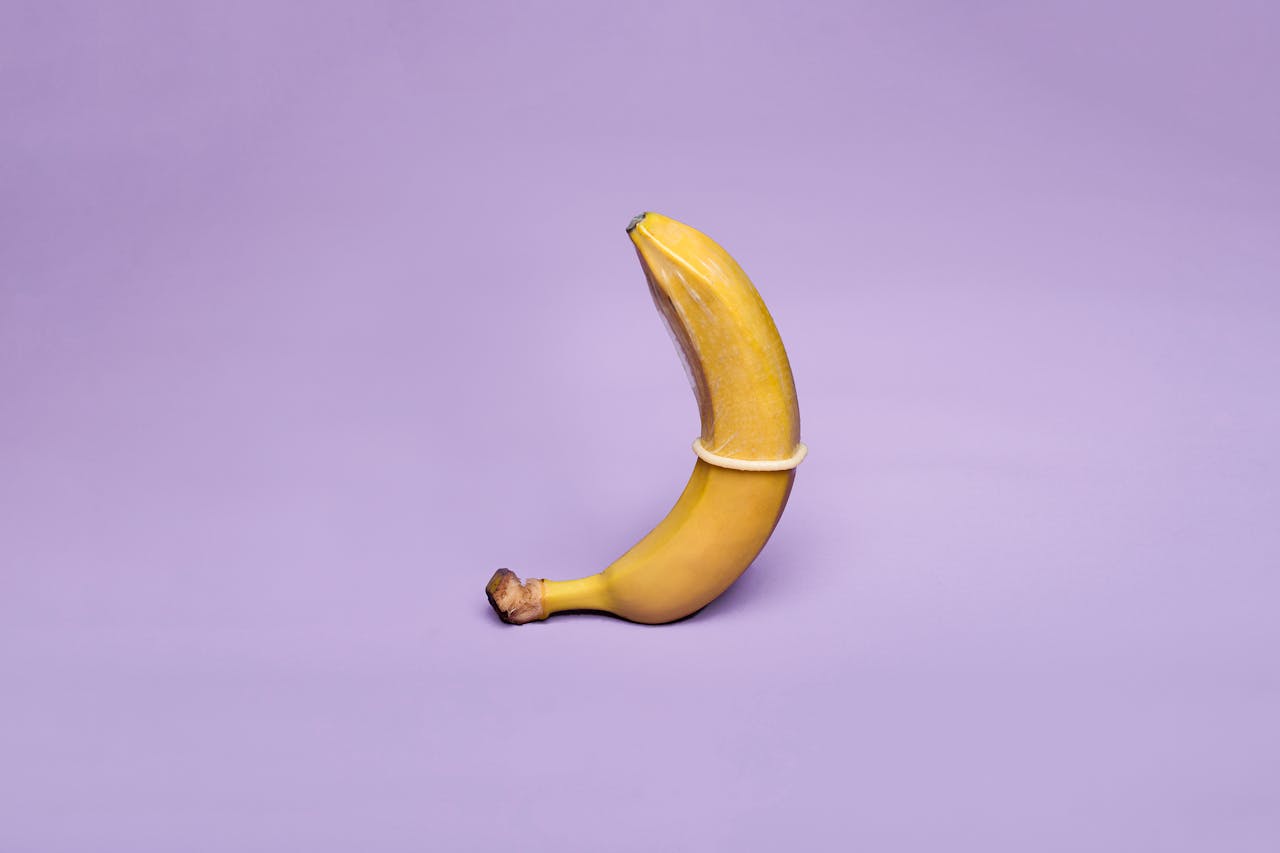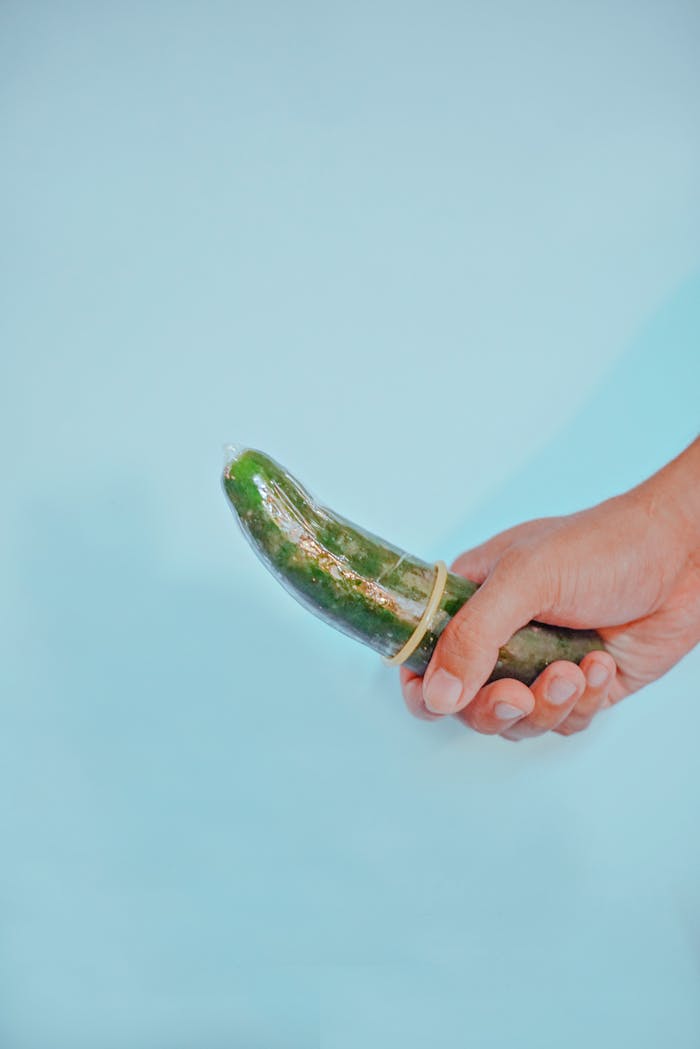Erections: How They Work and Why They Sometimes Don’t
🧠 Introduction: More Than Just “Getting Hard”
Erections are one of the most well-known signs of male sexual arousal, yet most people — including many men — don’t fully understand how they work. They seem simple: get aroused, get hard. But behind the scenes, a complex dance of nerves, blood flow, hormones, and mental state determines whether an erection happens, how strong it is, and how long it lasts.
In this article, we’ll break down:
- How erections actually work (scientifically and physiologically)
- Why they sometimes fail — and what that means
- What’s normal vs. what may be a medical issue
- Simple tips to support healthy erections for life
Let’s dive into the truth about one of the most misunderstood parts of male sexual health.
⚙️ The Mechanics: What Happens During an Erection?
An erection is not just about the penis — it’s about the whole body, especially the brain, heart, blood vessels, and hormones.
Here’s how it works in steps:
- Mental or Physical Stimulation
- Sexual thoughts, touch, or even certain smells can trigger the process.
- Brain Sends Signals
- The brain sends messages through the spinal cord and pelvic nerves to the penis.
- Blood Vessels Open
- Special blood vessels in the penis (especially the corpora cavernosa) dilate, allowing blood to flood in.
- Blood Gets Trapped
- Muscles around the veins clamp down, trapping blood inside the penis, creating hardness.
- Erection Maintained
- As long as the arousal continues and blood stays in the penis, the erection stays firm.
- Detumescence (Going Soft)
- After ejaculation or when arousal fades, the muscles relax, veins reopen, and blood flows out.
This whole process can happen in seconds — or be disrupted at any step.
🧪 What Is the Penis Made Of?
The penis has three main chambers involved in erections:
- Two corpora cavernosa (large sponge-like structures on the top side)
- One corpus spongiosum (surrounds the urethra)
These tissues fill with blood and expand, supported by connective tissue and muscle.
Important note: The penile bone you hear about in other animals (like dogs or monkeys)? Humans don’t have one — human erections depend entirely on blood pressure and muscle control.
🚨 When Erections Don’t Work: Understanding Erectile Dysfunction (ED)
Erectile dysfunction (ED) means regularly being unable to get or keep an erection firm enough for sex.
Common causes of ED include:
🔹 Physical Causes:
- Poor blood circulation (often from heart disease or diabetes)
- High blood pressure
- Low testosterone
- Nerve damage (especially after prostate surgery)
- Obesity
- Smoking
- Alcohol or drug use
🔹 Psychological Causes:
- Performance anxiety
- Depression
- Stress
- Porn addiction
- Relationship problems
🔹 Medication Side Effects:
Some medications, especially antidepressants, blood pressure meds, and antihistamines, can affect erections.
Occasional ED is normal.
But persistent problems may be a warning sign of underlying health issues, especially cardiovascular disease. The arteries in the penis are small, so erection problems often show up before more serious conditions like heart attacks or strokes.
🧠 The Brain–Penis Connection
The penis responds not just to touch — but to thoughts, emotions, and confidence.
If you’ve ever lost an erection due to stress, fear, or distraction — that’s proof.
Performance anxiety can cause a vicious cycle:
- One weak erection → worry about next time
- More anxiety → higher chance of failure
- Eventually becomes chronic ED from mental pressure
This is especially common in young men who feel pressure to perform perfectly or who rely heavily on porn.
🍎 How Lifestyle Affects Erections
What’s good for your heart is good for your penis. Erections are a vascular event — they depend on strong, flexible blood vessels.
🔥 Key Factors:
- Exercise: Improves circulation and testosterone
- Healthy diet: Lowers cholesterol, blood pressure
- Sleep: Poor sleep = lower testosterone + weaker erections
- Weight control: Obesity = higher risk of ED
- Avoiding smoking and heavy alcohol: Both damage blood vessels
Want harder erections? Start with your daily habits.
💊 Treatment Options for ED
If lifestyle changes aren’t enough, there are several effective treatments available.
1. Oral Medications (like Viagra, Cialis, Levitra)
- Increase blood flow by relaxing blood vessels
- Work in 30–60 minutes
- Can’t be used with nitrate heart medications
2. Penile Injections
- Direct medication into the penis (very effective, less convenient)
3. Vacuum Erection Devices (Pumps)
- Mechanical device pulls blood into the penis
- Often used after prostate surgery
4. Testosterone Therapy
- If blood tests show low T, hormone therapy may help
5. Psychological Counseling
- Especially effective if the cause is emotional or mental
6. Surgery (Penile Implants)
- A last resort for men who don’t respond to other treatments
👨⚕️ What About “Morning Wood”?
Waking up with an erection — known as nocturnal penile tumescence — is a sign of healthy nerve and blood flow.
Even without sexual dreams or thoughts, men typically get 3–5 erections every night during REM sleep.
If you’ve stopped getting morning erections, that might signal:
- Circulation problems
- Hormonal imbalances
- Nerve damage
- Stress or depression
📏 Does Size Matter for Erections?
Nope. Erection quality has little to do with penis size. A small penis can become just as firm and functional as a large one.
In fact, many smaller penises show more visible growth from flaccid to erect — and function just as well.
What matters most is:
- Blood flow
- Muscle tone
- Nerve responsiveness
- Hormone levels
🌿 Natural Supplements for Erections: Helpful or Hype?
Many men seek natural solutions for ED — but beware of overhyped or unproven pills.
Popular Options:
- L-citrulline or L-arginine: Amino acids that support nitric oxide production
- Ginseng: May increase libido and improve blood flow
- Yohimbine: Works for some, but can have dangerous side effects
- Zinc, magnesium, vitamin D: Help support testosterone
⚠️ Warning:
Always check with a doctor before using supplements — some may interact with medications or cause side effects.
❤️ Tips for Better Erections, Naturally
Here’s a short action list to keep things functioning well:
✔ Move more:
Daily walks, strength training, or cardio improve circulation and testosterone.
✔ Eat clean:
Focus on whole foods, less sugar, healthy fats (nuts, olive oil), and leafy greens.
✔ Get sleep:
7–9 hours helps regulate testosterone.
✔ Reduce porn:
Heavy porn use desensitizes arousal and can lead to real-world ED.
✔ Build connection:
Emotional closeness with a partner often leads to stronger, longer erections.
🔄 What’s Normal and What’s Not?
Let’s clarify some erection myths vs. facts:
| Myth | Reality |
|---|---|
| Erections should always be rock-hard | Slight softness is normal |
| Men can get hard on command | Erections often need buildup or stimulation |
| ED only affects old men | 1 in 4 men with ED are under 40 |
| Losing one erection means you’re broken | Occasional issues are normal |
🧠 Final Thoughts: Erection Health Is Overall Health
Your erections are like a biological report card. They reflect your cardiovascular, hormonal, neurological, and mental health. Weak erections can be your body’s way of asking you to slow down, eat better, move more, or deal with stress.
At Penis Life Matter, we believe education is the first step to empowerment. Don’t be embarrassed by a temporary problem — get informed, take action, and talk to professionals if needed.
Your body wants to work — your job is to give it the best chance to do so.



